Blood sugar spikes after eating are a common concern for people with diabetes in the Philippines. Unfortunately, it is a risk factor that can trigger cholesterol and cardiovascular problems. High sugar levels can harm your blood vessels and ultimately make you a candidate for heart disease. You have to address this concern for proper diabetes management.
In this article, we explain the possible causes of blood sugar spikes after eating, and how you can avoid experiencing them.
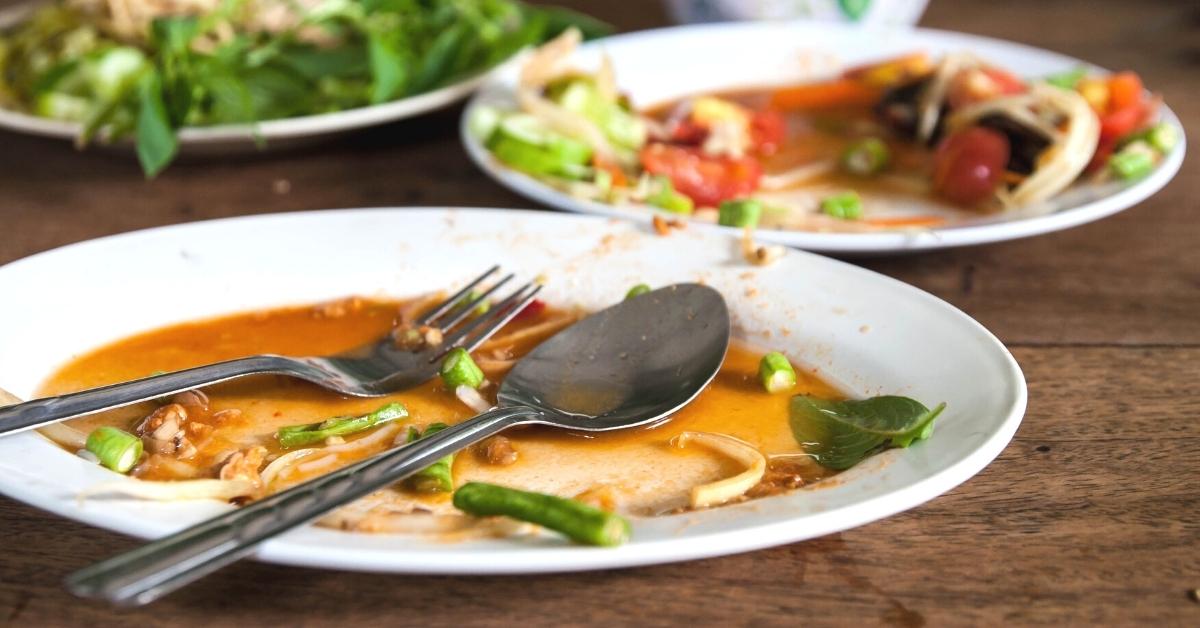
Causes of Blood Sugar Spikes after Eating
If you are already getting diabetes treatment, then it is crucial for you to find ways to avoid blood sugar spikes after eating. This refers to the temporary increase in the level of your blood glucose. People without diabetes also experience a slight increase in blood sugar after eating. However, a high level of blood sugar increase can lead to serious health problems.
Consistently high blood glucose levels can lead to an increase in your glycosylated hemoglobin. In turn, this can increase your risk of having complications related to diabetes in the Philippines.
Blood sugar spikes after eating happen when glucose builds up in the blood circulating in your body. Your body immediately works and processes glucose after you eat. However, if you have diabetes, your body is not able to process glucose for energy. Most often, too much intake of carbohydrates can lead to increased blood sugar.
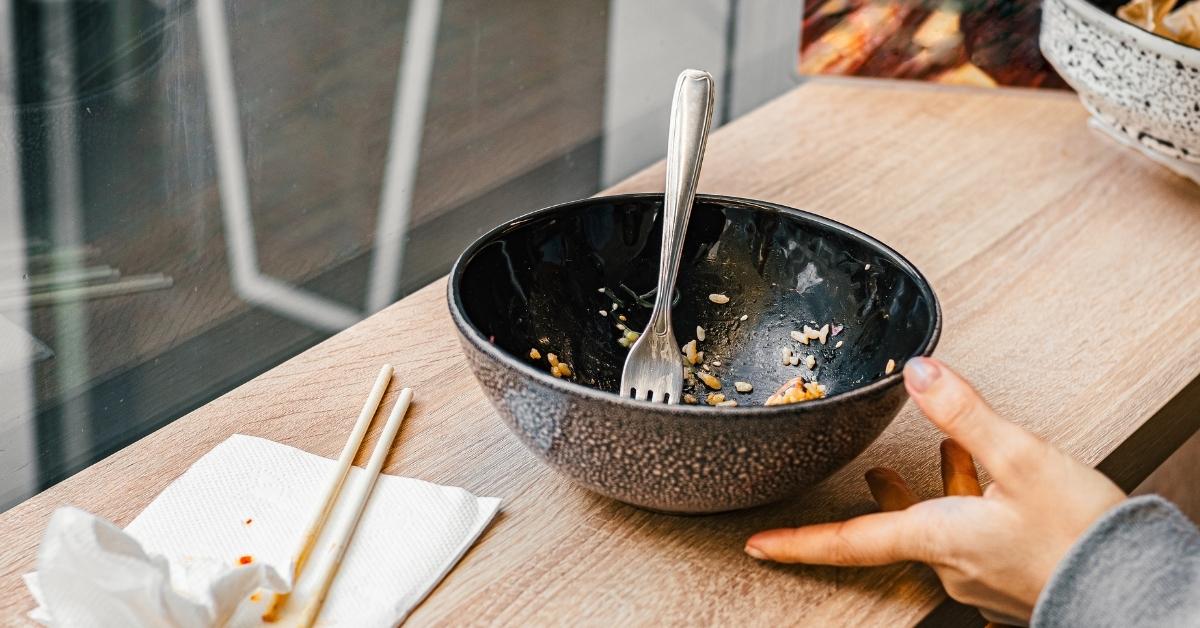
How to Avoid Blood Sugar Spikes after Eating
The following are some of the most common ways you can protect yourself against sudden blood sugar rise.
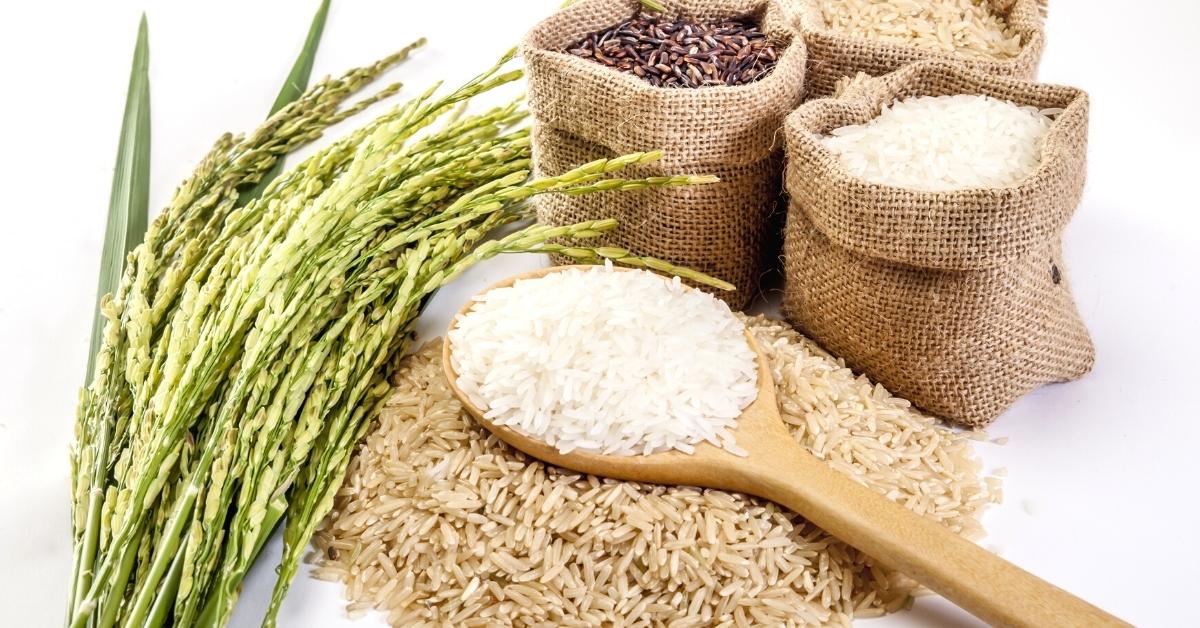
Watch your carbs
Love to eat bread, pizza, pasta, or potatoes? These foods are high in carbohydrates which can lead to blood sugar spikes after eating. When you reduce your carb intake, you also prevent an increase in blood sugar. As an added benefit, low carb consumption can also lead to weight loss.
Don’t worry, because not all carbs are bad. you don’t have to remove them completely from your diabetes management diet. In fact, they’re an important food group since they turn into fuel and energy for your body.
The key is to stay away from simple carbs found in processed foods. Go for complex carbs that your body can digest a little bit slower.
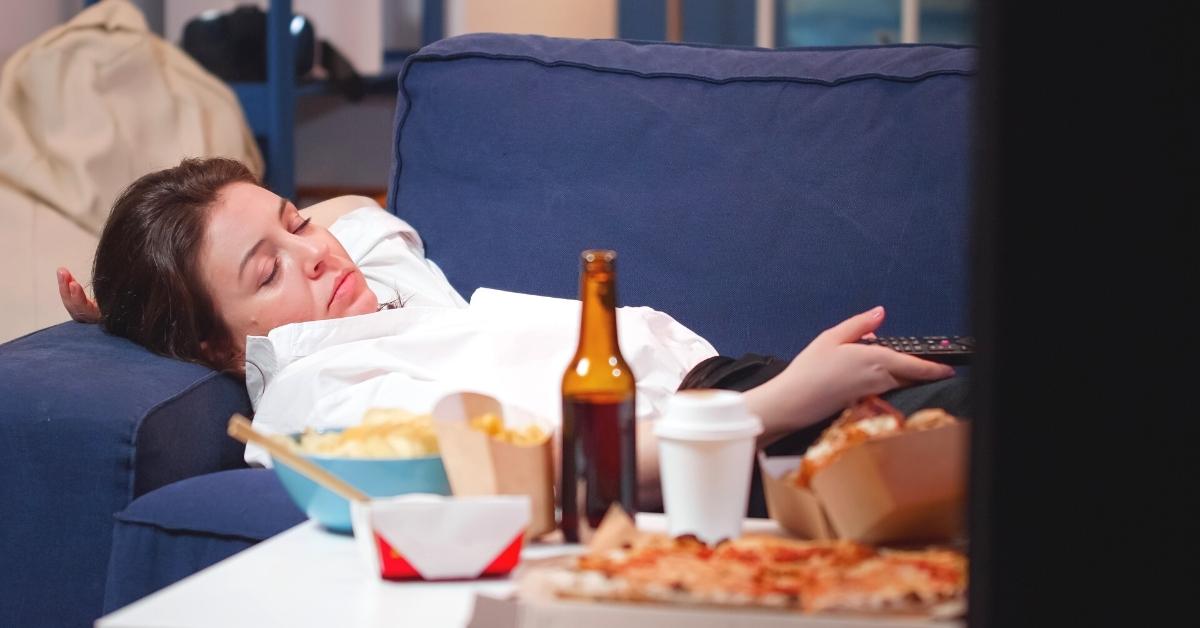
Don’t lie down right after a meal
It may be tempting to sit on the couch right after a full meal, but it’s smart to avoid this at all costs. Doing so will make blood sugar worse as you will not be burning off the extra glucose in your bloodstream.
This can also induce acid reflux symptoms and indigestion, so better walk it off first before you sit back down post-meal.
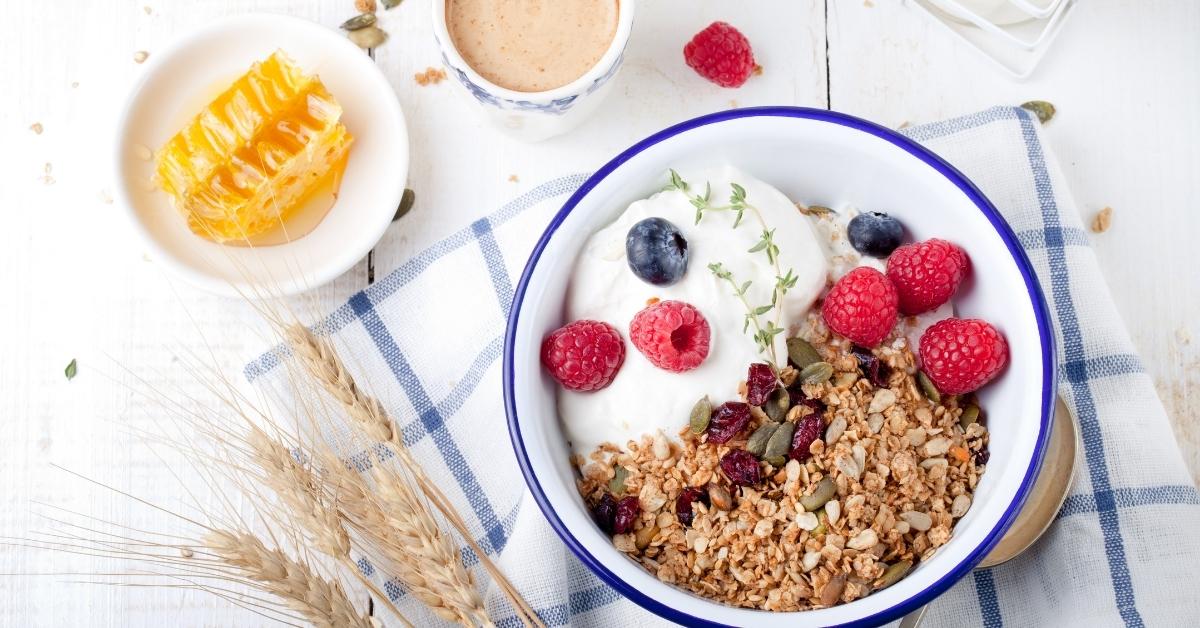
Don’t skip breakfast
Breakfast may not really be the most important meal of the day, but you surely should pay attention to it. Skipping breakfast will have a negative effect on your blood sugar levels later in the day.
Research suggests that the lack of a morning meal results in higher blood sugar after lunch and dinner as well. Experts suggest opting for a well-balanced meal for breakfast, with at least 20 grams of protein, complex carbs, and heart-healthy fats.

Drink Lowsutea to lower your chances of blood sugar spikes
For better chances at lower blood sugar, add Lowsutea into your daily diabetes management diet. Lowsutea is an all-natural cleansing tea made of guava leaf bits, which help block the absorption of sugar entering the blood vessels.
It also contains bitter melon that acts like insulin, taking sugar and cholesterol out through the urine, detoxifying the body, and keeping blood sugar and blood pressure low.

Avoid Blood Sugar Spikes with Lowsutea
Drinking Lowsutea every day, before or after meals, can help stabilize your levels and prevent blood sugar spikes after eating. Take it cold or hot, whichever you prefer.
Try Lowsutea out for yourself! Check out our product packages here.

